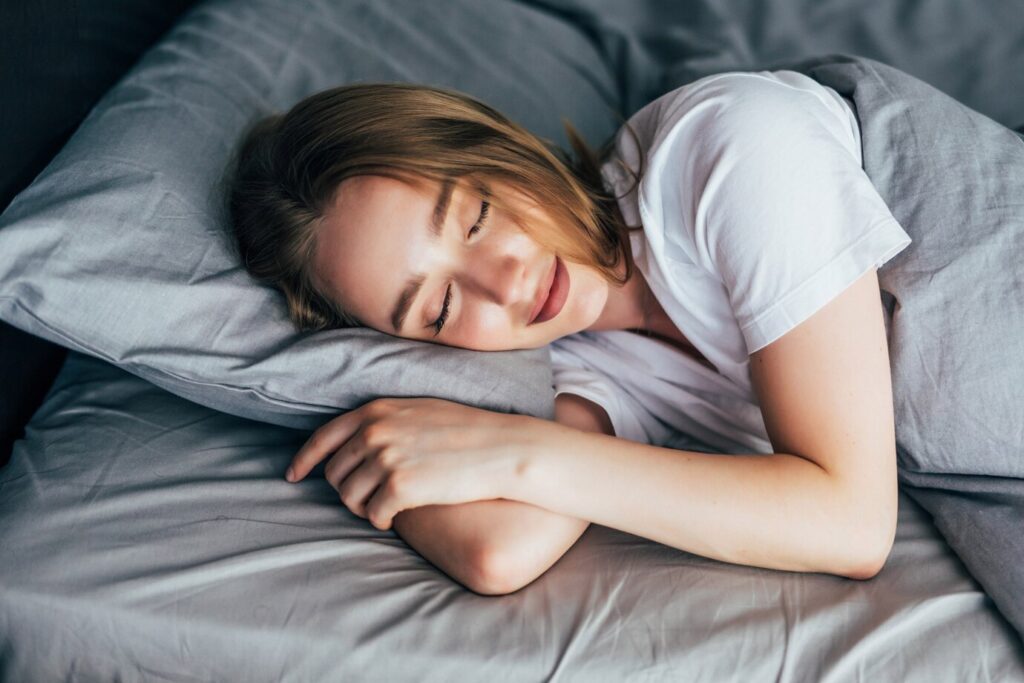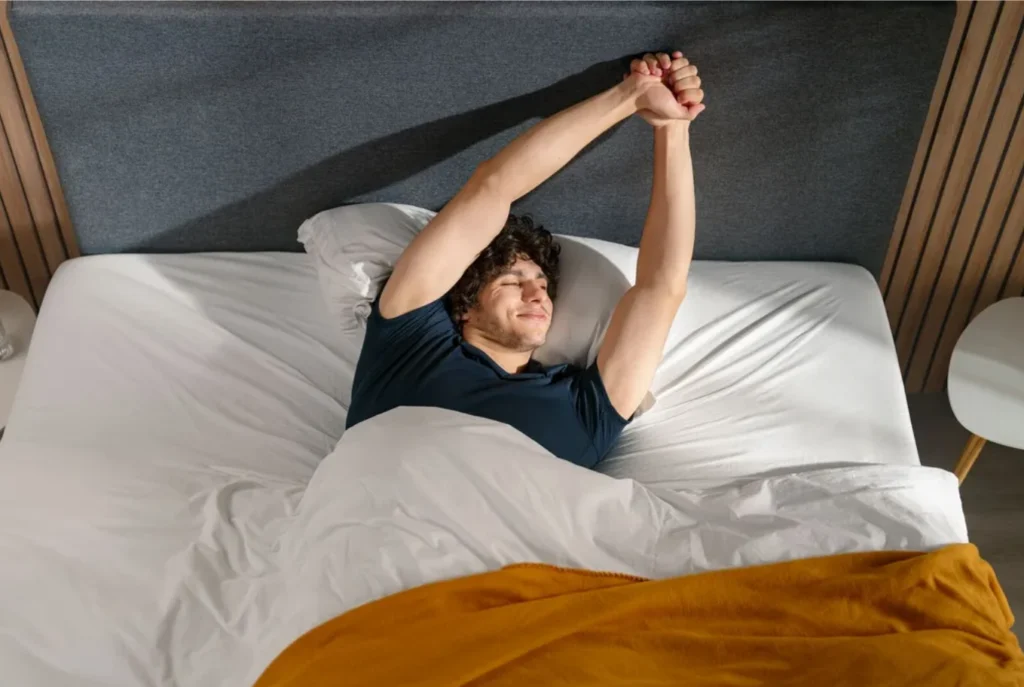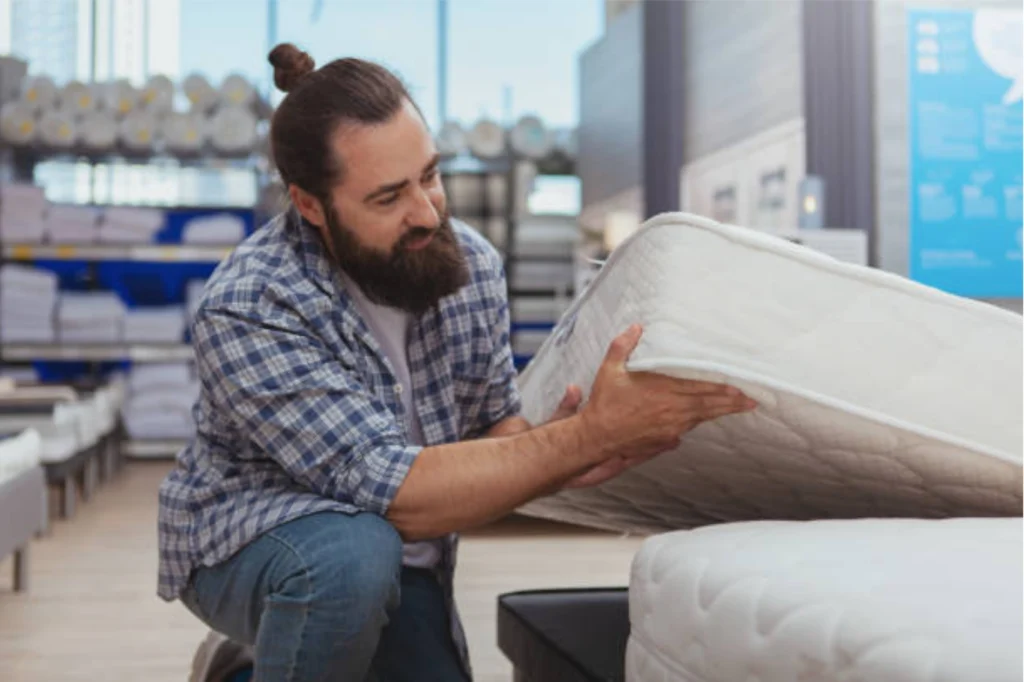Getting quality sleep starts with good sleep hygiene—a set of healthy habits that can significantly improve how easily you fall and stay asleep. Curious about what sleep hygiene really means and how to improve it? Let’s break it down and explore the practical tips that can lead to better rest.
Understanding Sleep Hygiene
According to the American Academy of Sleep Medicine, sleep hygiene refers to “a series of healthy sleep habits that can improve your ability to fall asleep and stay asleep.” These habits are a core part of cognitive behavioral therapy (CBT), which is widely recognized as one of the most effective long-term treatments for chronic insomnia.
In simple terms, sleep hygiene is all about what you should or shouldn’t do to ensure a good night’s rest and maintain your energy during the day.
Everyone’s ideal sleep routine may differ—your work schedule, how much sleep you need, and whether you have a sleep disorder (like insomnia or sleep apnea) all come into play. Plus, sleep science is constantly evolving, so it’s worth keeping an open mind to new research.
7 Simple Sleep Hygiene Tips
1. Make Your Bedroom a Sleep Sanctuary
Your bedroom environment plays a big role in your ability to rest. Here’s how to optimize it:
-
Keep it cool: Experts recommend a room temperature between 60–67°F for the best sleep.
-
Limit noise and light: Try blackout curtains, white noise machines, or sleep masks to block out distractions.
-
Reserve your bed for sleep and sex only: Avoid bringing work or entertainment into bed—this helps your brain associate the space with rest, not stimulation.
👉 [Read more about creating the perfect sleep environment.]
2. Stick to a Sleep Schedule
Going to bed and waking up at the same time every day helps regulate your body’s internal clock. Over time, this routine trains your body to recognize when it’s time to sleep—no matter the day of the week.
👉 [Discover the best time to go to bed.]
3. Watch Your Caffeine and Alcohol Intake
Caffeine can linger in your system for hours. If you’re having trouble sleeping, try cutting off caffeine by 2 p.m. (assuming a traditional 9–5 schedule).
Alcohol, while it may make you feel sleepy at first, actually disrupts your sleep quality. It can:
-
Interfere with REM sleep
-
Wake you up mid-night
-
Act as a diuretic, causing nighttime bathroom trips
All of which lead to groggy mornings.
4. Skip Screens and Work in Bed
Working, watching TV, or scrolling through your phone in bed can confuse your brain into thinking bed = wake time.
Electronic screens emit blue light, which delays melatonin release, making it harder to fall asleep. Limiting screen time an hour before bed—or using blue light filters—can help protect your natural sleep rhythm.
5. Keep Naps Short
Need a midday nap? Keep it to 10–20 minutes. According to the Mayo Clinic, short naps boost alertness without the grogginess that often follows longer ones. Young adults may tolerate slightly longer naps, but for most, shorter is better.
6. Exercise—But Not Right Before Bed
Regular physical activity can improve your sleep—but timing is key. Exercise raises your core body temperature, which then drops after a few hours—this drop signals your body it’s time to rest.
Dr. Robert Oexman of the Sleep to Live Institute explains: “A drop in core body temperature is one of our natural cues for sleep.” That’s why working out 3–4 hours before bedtime can help you fall asleep faster.
7. Try Meditation or Mindfulness
Mindfulness practices like meditation have been shown to help improve both sleep quality and duration. A 2015 study found that people who practiced mindfulness exercises—like body scans, breathing, and gratitude meditations—twice a day for two weeks reported better sleep.
Mindfulness can help quiet the mind, reduce anxiety, and prepare the body for rest.
Final Thoughts
Good sleep hygiene isn’t about rigid rules—it’s about discovering habits that support your unique sleep needs. Whether you’re a hot sleeper, pregnant, or managing a health condition, a little attention to sleep hygiene can go a long way.
If you’re dealing with ongoing sleep issues or a medical condition, be sure to consult a healthcare provider. They can help tailor sleep strategies to your specific needs—beyond what any salesperson or blog can offer.



